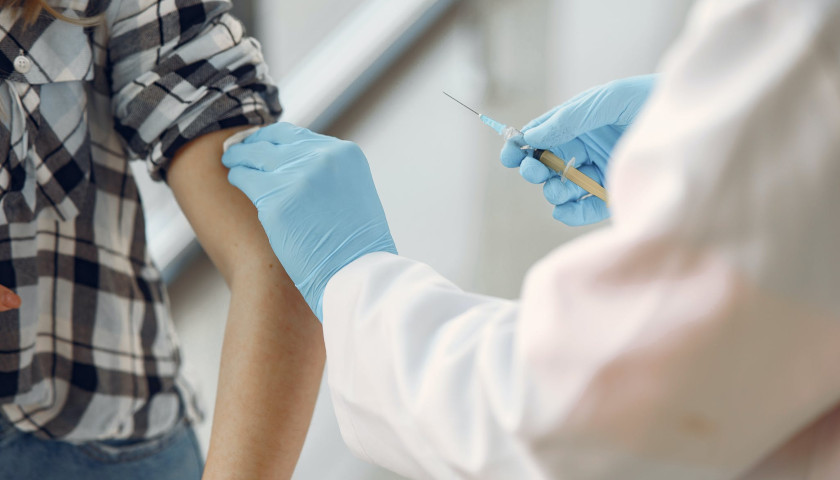by Thomas Catenacci
Most states aren’t adequately prepared to distribute the leading coronavirus vaccine, especially to rural areas, once it is approved for public use, according to a ProPublica analysis of state plans.
Pfizer announced Monday that the coronavirus vaccine it is developing was more than 90% effective and did not produce safety concerns during its large-scale trial. But, as the vaccine approached Food and Drug Administration approval, a ProPublica investigation found that states aren’t ready to administer the delivery of the vaccine to vast swaths of their populations.
 “Early, when we don’t have lots of doses, I frankly do not anticipate that vaccine will be widely available in every rural community,” Centers for Disease Control and Prevention’s Vaccine Task Force Chief Medical Officer Dr. Amanda Cohn said on Nov. 3, according to ProPublica.
“Early, when we don’t have lots of doses, I frankly do not anticipate that vaccine will be widely available in every rural community,” Centers for Disease Control and Prevention’s Vaccine Task Force Chief Medical Officer Dr. Amanda Cohn said on Nov. 3, according to ProPublica.
“The first couple months will be not ideal, but we really want to listen to our rural partners and understand what we can do to make it better,” she continued.
There are a variety of requirements that officials must meet to ship and store Pfizer’s vaccine, making it difficult for many state and local governments, according to ProPublica. The vaccine must be stored in minus 100 degrees Fahrenheit and delivered in dry ice boxes so that it stays viable for 10 days.
The requirements present challenges to officials who attempt to transport the vaccine to populations in communities far from urban areas that will have an easier time administering it, according to ProPublica, which analyzed 47 states’ vaccine plans.
For example, Arizona’s health department isn’t ready to distribute the Pfizer vaccine to rural and tribal communities, and Washington doesn’t have a warehouse that is sufficient to store vaccines, according to ProPublica. Georgia has deferred it plan to municipalities and Kansas has prepared for smaller shipments than it will receive.
“There are too many variables still to be worked out at the federal level,” a Georgia Department of Public Health spokesperson told ProPublica. “Much of what happens going forward will depend on the vaccine itself, when we receive it and what the protocols will be for prioritizing distribution among various populations.”
President Donald Trump celebrated the progress of Operation Warp Speed, the federal government’s multiagency effort to produce a coronavirus vaccine quickly, during a news conference Friday. The goal of the operation has been to produce 300 million doses of “safe and effective vaccines” by January 2021.
“Operation Warp Speed is unequaled and unrivaled anywhere in the world,” said Trump, who was joined by Vice President Mike Pence and Health and Human Services Secretary Alex Azar.
Azar said in October that he expected a coronavirus vaccine to be available for vulnerable Americans by January, according to The Hill. He added that more Americans will have access to the vaccine by April.
– – –
Thomas Catenacci is a reporter for the Daily Caller News Foundation.




